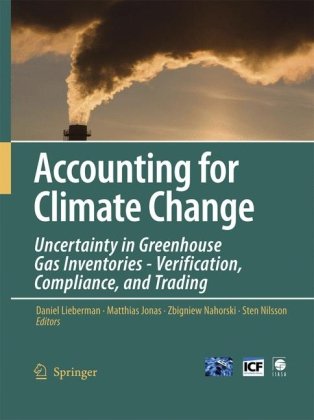

Most ebook files are in PDF format, so you can easily read them using various software such as Foxit Reader or directly on the Google Chrome browser.
Some ebook files are released by publishers in other formats such as .awz, .mobi, .epub, .fb2, etc. You may need to install specific software to read these formats on mobile/PC, such as Calibre.
Please read the tutorial at this link: https://ebookbell.com/faq
We offer FREE conversion to the popular formats you request; however, this may take some time. Therefore, right after payment, please email us, and we will try to provide the service as quickly as possible.
For some exceptional file formats or broken links (if any), please refrain from opening any disputes. Instead, email us first, and we will try to assist within a maximum of 6 hours.
EbookBell Team

4.0
86 reviews
ISBN 10: 9048174791
ISBN 13: 9789048174799
Author: Daniel Lieberman, Matthias Jonas, Zbigniew Nahorski, Sten Nilsson
Part I: Fundamentals of Greenhouse Gas Inventories and the Problem of Uncertainty
Part II: Quantifying, Managing, and Communicating Uncertainty
Part III: Verification: Ensuring Credibility and Reliability
Part IV: Compliance and Trading: The Economic and Policy Implications of Uncertainty
Part V: Sector-Specific Challenges and Emerging Frontiers
accounting for climate change
applying ifrs accounting for climate change
ifrs accounting for climate change
connected financial reporting accounting for climate change
accounting for climate change ey
Tags: Daniel Lieberman, Matthias Jonas, Zbigniew Nahorski, Sten Nilsson, Climate, Greenhouse